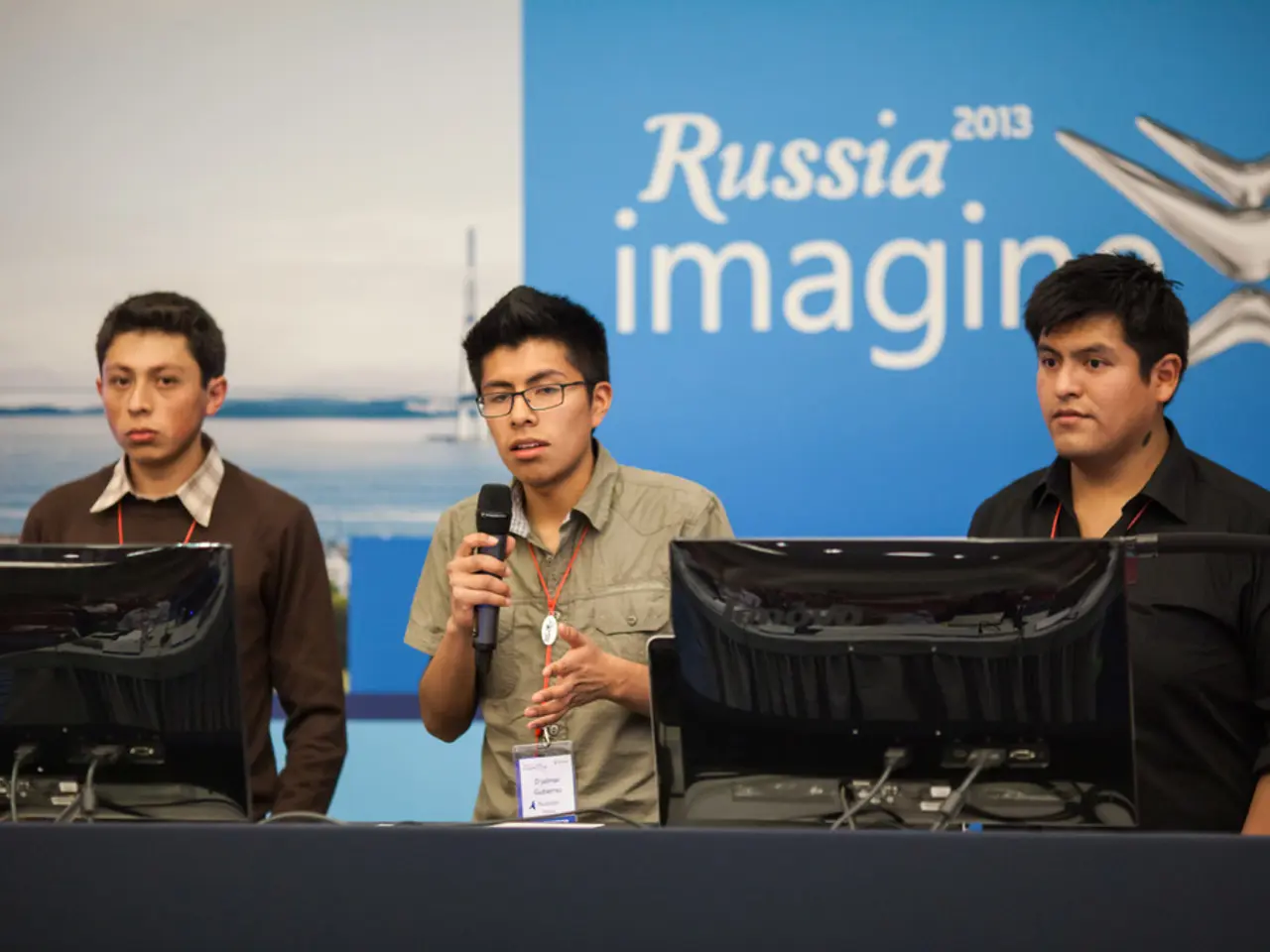Artificial Intelligence Resources Targeting Youth Joblessness
In an effort to combat youth unemployment across Africa, Microsoft's AI Skills Initiative, in collaboration with Eyouth and EDT&Partners, has pledged a $6 million investment to equip millions with digital skills. This initiative is a testament to the urgent need for decisive action from governments, educational institutions, private organizations, and young people themselves to harness the potential of Artificial Intelligence (AI) and address the issue of youth unemployment in Africa.
To effectively scale AI career tools, an integrative approach is required. This approach includes widespread AI and digital skills training, scalable AI-driven job matching platforms, and targeted infrastructure development that accommodates existing gaps.
Programs like Salesforce’s rural AI training initiatives in South Africa and Microsoft’s goal to train one million South Africans focus on equipping youth with relevant AI and digital competencies tailored to local contexts. Organizations such as Harambee leverage AI-enhanced algorithms combined with cloud infrastructure (e.g., Google Cloud) to match young people with jobs based on both formal and informal skills, thus bridging the skills mismatch and overcoming barriers to access.
Addressing infrastructure gaps through cloud-based and edge solutions is also crucial. While Africa faces challenges regarding AI infrastructure, leveraging scalable cloud infrastructure and focusing on distribution models that fit rural and underserved areas allows expansion despite gaps. African AI innovators backed by AI factories and supercomputers help create relevant locally-adapted AI solutions.
Inclusive digital transformation policies and investment are essential to promote broad participation and help bridge the urban-rural digital divide that limits workforce preparation. Ensuring equitable access to training, tools, and internet connectivity, as well as supporting regional integration and smart regulation, is key.
Fostering local innovation and relevance is another important aspect. Developing AI technologies that understand African languages and contexts ensures sustainability and maximizes impact by addressing specific economic sectors like agriculture, fintech, and healthcare.
Public-private partnerships and multi-sector collaboration are also vital. Collaborations involving governments, private sector players, and civil society create ecosystems where infrastructure investments, skills programs, and job placements scale in sync.
AI could contribute up to $1.5 trillion to Africa's GDP by 2030. The BrighterMonday Uganda-Mastercard Foundation partnership showcases how AI-powered tools, such as virtual career assistants, are already making strides by providing real-time, personalized job search support. Investments in infrastructure, expanding access to digital education, and nurturing local AI expertise are crucial steps to address the challenges faced by AI career tools in Africa.
Young people must commit to continuous learning and leveraging data insights to guide their career paths. The future of youth employment in Africa depends on moving from plans to tangible results, ensuring AI career tools are accessible and impactful across the continent.
Addressing these issues will require a united effort, with investments in infrastructure, expanding access to digital education, nurturing local AI expertise, collaboration between governments and private organizations, and establishing policies that promote innovation while safeguarding data sovereignty. Eunice Muthengi from the Mastercard Foundation highlighted the need for collaboration across sectors to transform how we understand and address youth employment in Africa.
- To realize the potential of AI in addressing Africa's youth unemployment, there is a need for regulatory frameworks that promote public-private partnerships, encourage investment in AI infrastructure, and foster data sovereignty, as emphasized by Eunice Muthengi from the Mastercard Foundation.
- Furthermore, holistic strategies for education-and-self-development, such as general-news dissemination of AI trends and best practices, technology integration in educational institutions, and finance initiatives for scale-ups and startups, are crucial for nurturing local AI expertise and enhancing AI-driven finance solutions in Africa.




